Last Updated on August 5, 2021
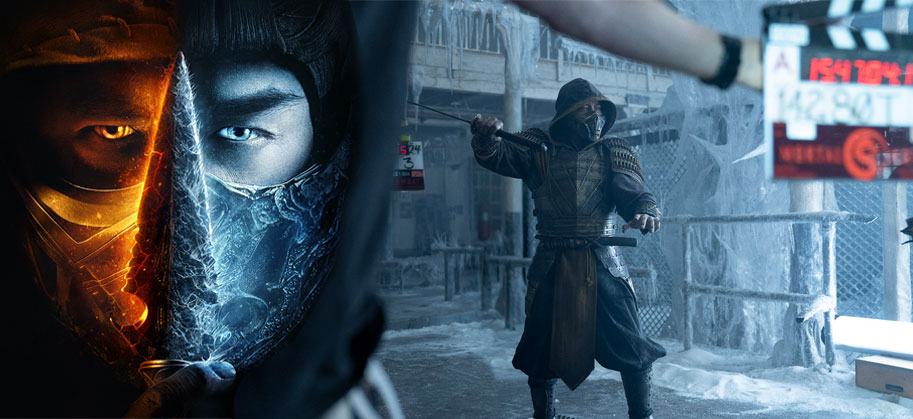
While Paul W.S. Anderson's Mortal Kombat holds a special place in the hearts and minds of the famed fighting game franchise, this year's live-action version from director Simon McQuoid stands to blaze a bold new path for video game adaptations. As a child of the '80s, I grew up watching action stars like Arnold Schwarzenegger, Sylvester Stallone, Bruce Willis, Bruce Lee, and Chow Yun Fat, just to name a few. In time, and as I've explored the action genre, I have come to admire the talents of a variety of the world's warriors, like Donny Yen, Stephen Chow, Jet Li, Iko Uwais, Joe Taslim, and Lewis Tan. I would be meeting two of those titans during my trip to the set of Mortal Kombat, and as it turns out, so many more. If only I could go back in time and tell myself that later in life I'd be in a position such as this to meet my on-screen heroes. Is it possible to be jealous of yourself?
After grabbing a bite to eat with members of the cast and crew, my group was invited to a series of roundtable interviews with members of the Mortal Kombat cast. I wish that I could say that we all met in a dark forest, or at the center of an arena, the sand stained with flecks of blood. But alas, it was just a stark white meeting room. However, it did come equipped with plates stacked with bakery snacks, and plenty of high-powered coffee to wash it all down. For the next several hours, we were greeted by members of the core cast, including Max Huang, Ludi Lin, Tandanobu Asano, Josh Lawson, Joe Taslim, and Lewis Tan. We got to pick their brains about Mortal Kombat, hear inspiring stories about their journey toward making the film, and learn what it means to them to be making a movie that they, as well as fans, can be proud of.
Please enjoy the following interviews with the cast, and be sure to keep reading for a look behind-the-scenes with members of the Mortal Kombat crew.
Lewis Tan, "Cole Young":
On Cole and how he’s the audience’s introduction to the world of Mortal Kombat:
"He’s a grounded entry point to the story. He’s an ex-MMA champion. He’s down on his luck. He’s a father. He’s a husband, but he’s a man who kind of missed his mark. I think it’s a really interesting way to show audiences that don’t know the game [what Mortal Kombat is about] a new perspective, and it’s also a good way to create a cinematic experience that’s going to honor the game and what people are used to. It also gives them something fresh and new when they go to the theaters to watch it.
It’s a tricky character to play. There’s a lot of pressure because Cole doesn’t have an established fanbase. Hopefully, I can do it justice and deliver some authentic action scenes for everyone."
On his inspiration for playing Cole in the film:
"I drew inspiration from some of my favorite MMA fighters, including Jorge Masvidal, and the way he moves and carries himself. Cole is a man who’s missed his timing, but he also has humor about him, as well as a sense of sarcasm and wit. I’ve been trying to balance that nice edge of delivering something authentic but also keeping it light, and he uses that to understand what he’s going through.
There are also parts of Cole that I feel connected to as a martial artist myself, and someone who knows what it’s like to go through those situations. I’ve never fought MMA, but I used to fight kickboxing and Muay Thai. I know what it feels like to build-up to the top of a fight and lose. You suffer this type of loss and it takes a lot out of you. So yeah, I drew a lot of my inspiration from that."
On how Cole “missed his mark” in life before entering the Mortal Kombat tournament and the film feeling like a full-circle experience:
"Cole won his championship young, and then from that point on, never progressed. His daughter is his coach, and so they have a very unique bond. If you guys don’t know my father, Philip Tan, he’s a fight coordinator and a stunt coordinator. He did Steven Spielberg’s Indiana Jones. He did Batman with Tim Burton, which is actually the first film that brought us to America. This is all full-circle for me because my father came here with Warner Bros. Now I’m leading a film with Warner Bros. It’s a trip for me."
On acting alongside other celebrated martial arts actors in the film:
"It’s great to work with artists that can fight and do their own fights. It’s an authenticity that the fans, I think, deserve and want. There’s been so much backlash about it, you know? People that haven’t delivered on that front. I’m very grateful to be working with them. You can always shoot those sequences that you couldn’t shoot with someone else. For instance, if Joe and I, say, get into a hypothetical fight, you could shoot that fight and with a nice, wide shot for the whole scene and not have to use certain angles to hide faces or silhouettes to cover things up. It’s like two dancers. You just show them and let them dance."
On his journey toward Mortal Kombat and creating a legacy:
"I’ve turned down six projects this year (2019). I was getting to the point where I was like, oh, should I just start taking things? Like, where’s the one that is calling my name? I’ll feel it when I see it, you know? It was at a point where I really had to trust my instincts as an actor. You read stuff and you know it’s not for you, The money’s good, but that’s never been a thing for me. It’s all about legacy. It’s all about creating a legacy. Mortal Kombat came along and I was like, there we go."
On how to conserve energy while filming Mortal Kombat:
"We do a lot of meditation and breathwork. I compartmentalize my energy. So when I’m fighting, I’ll get hyped up moments before. I used to get hyped hours before when I was a younger actor, and then I’d be dead, like before lunch. Now I’ll get pumped up right before the take, and when that take is over, I’ll bring my heart rate back to normal. And then I’ll do it again."
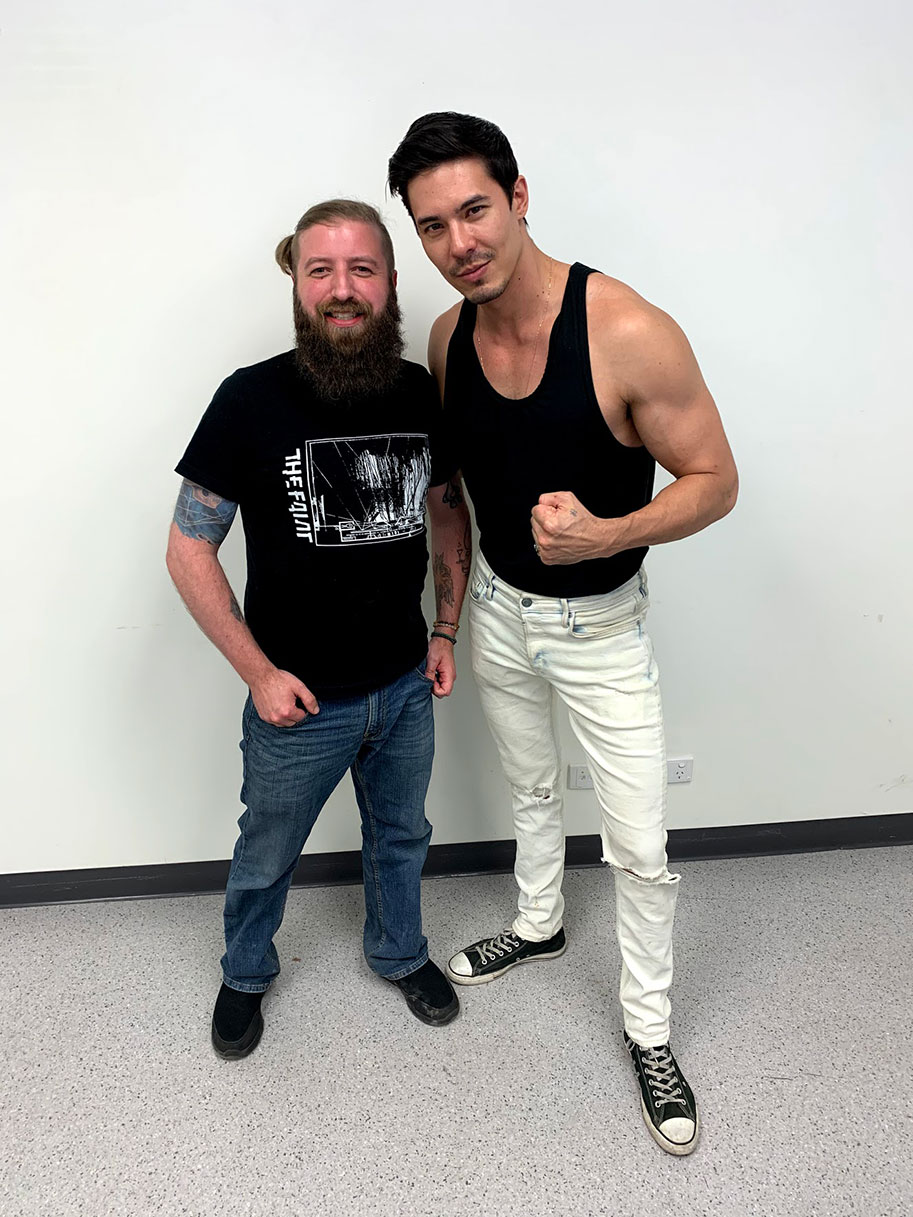
Joe Taslim, "Bi-Han, Sub-Zero":
On the journey toward Mortal Kombat and joining a franchise with blockbuster potential:
"Not many people from Indonesia make it to Hollywood. Me and Nico [Han], when we do an international project, we always think that this is not just for us. We’re representing 250 million people. For me, this is more than a job, it’s about inspiring a younger generation. I never feel like I’m working on set. It’s like being on a playground. We have a very diverse cast in this movie. It’s going to represent the world. People are going to see it from South Sumatra to South Africa, and then they’re going to feel represented. Mortal Kombat 11, the game, is a big hit. What we’re trying to do is give the audience more than fun. We want to give soul to the characters, a story that they can relate to. So when they watch it, they then look forward to the sequel."
On becoming Sub-Zero for the film:
"I dug into the character a lot before I jumped into the production. He was raised to be an assassin since he was a baby. He didn’t have an option. When you play an assassin you play a bad guy or people who can get paid to kill other people. There’s another layer, a conscious layer that asks is this the life that I chose, or did somebody else choose it? That dilemma is very interesting to me. It’s great to play a character that will try to show the audience that he’s not just a bad guy. We want to see if there is a conscience in this guy? When we look into his eyes, and he’s about to kill, what is going on inside those eyes? I think my job is to deliver that character to the audience."
On the hardest part of playing Sub-Zero and how fight scenes and dramatic scenes in film are alike:
"I don’t like to say it’s hard because for me it’s been so much fun. Though the hard part is probably knowing that fans are going to expect a lot from this movie. That responsibility is a lot. Warner Bros, New Line, the fans. They’re trusting me with this character.
A fight scene and a heavy drama scene are the same. In a heavy drama scene, people throw lines that translate into words. In a fight scene, we don’t say anything but we deliver drama in our kicks, punches, pain, agony, and struggle. It’s not just a fight, it’s a story. What is the fight for? What is the motivation? If you slip, fall, or bleed, people need to see what’s underneath those bruises. That’s what I’m trying to do with every fight scene in this movie."
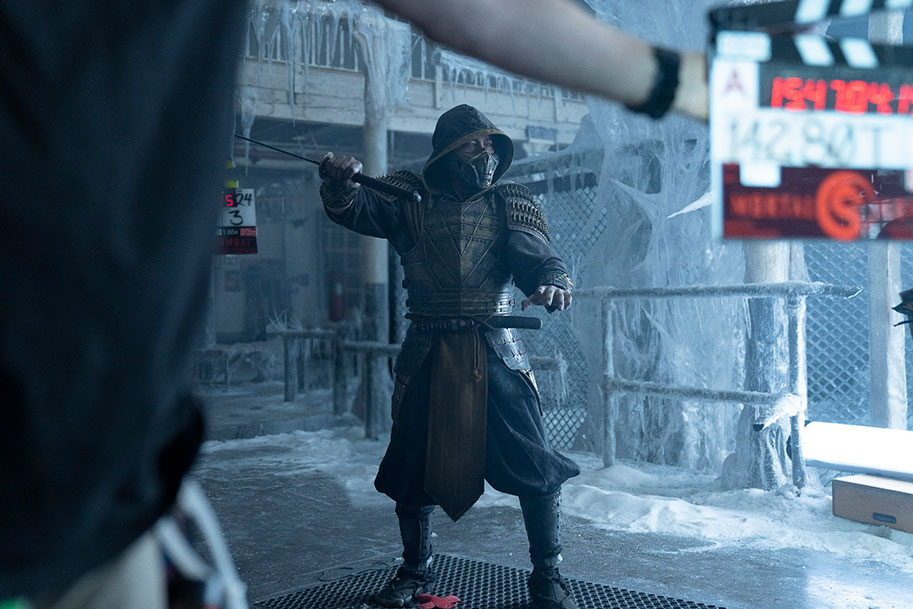
Max Huang, "Kung Lao", and Ludi Lin, "Liu Kang":
Huang on Kung Lao’s motivation for entering Mortal Kombat:
"He’s a Shaolin monk and a very disciplined martial artist. He’s highly ranked and I think he stands for peace because he grew up in a Shaolin Temple. He’s always trying to protect the spirit of the temple, and his closest friend, his cousin, Liu Kang. I think the strongest motivation comes from that."
Huang on preparing for the role of Kung Lao:
"I started my training with Wushu. I went to competitions and then became a professional Wushu athlete while representing the German national team. That’s my main style. Kung Lao fights using Weng Chun. They’re both styles of Kung Fu but they’re different. I actually started in Weng Chun for about a year of intensive training. It helped a lot. We also have a great instructor, Nino [Pilla]. I picked up some stuff from him. It’s worked out really great."
Lin on Mortal Kombat being a collaborative experience and being able to contribute to the development of the characters:
"We’re trying to make a movie and not just another video game. To fit all of that into the universe of Mortal Kombat, and to build relationships up, the fighting has to have meaning. Just like in real life, when we fight, it has a meaning. We struggle and keep struggling because it’s meaningful to us. The action has been great, very freeing, and very open."
Lin on the special bond that Liu Kang and Kung Lao share:
"In Eastern and Chinese culture especially, there’s almost no such word as “cousins.” For Kung Lao and Liu Kang who came up in the same Academy, sometimes Blood Brothers matter even more than familial brothers. For our fighting style, our relationship, that stuff really matters."
Lin on the authenticity of the film and how its characters represent the world:
"I’ve never worked with someone [Simon McQuoid] who’s so serious about being authentic for another culture. In my career, what gives my work meaning is often seen as tokenism in minorities in Hollywood films. Why can there only be one Highlander? 60% of the world is Asian. A quarter of the world is Chinese. The thing about Mortal Kombat that grips me is how there have been 11 different iterations because of its characters. It’s such a diverse mesh of characters, and they’re all so interesting. In this movie, there are so many different types of people, different ethnicities from different origins. If you want your film to carry throughout the world, which is all films right now, you want to represent the world in the right way. Throughout the world, there are no token agents."
Josh Lawson, "Kano", and Tandanobu Asano "Raiden":
Lawson on playing someone as attitudinal and narcissistic as Kano:
"It feels great to be playing someone as Machiavellian as Kano. It’s fun to play the bad guy, right? And why is that? I think it's the permission to say and do the things we can’t in civil society. Kano does not have that filter. He’s self-serving, greedy, and opportunistic. We all have the potential to be awful. And hopefully, we suffocate that, for the most part, but as the villain, you don’t have to do that. It’s fun to push the boundaries in that direction.
He is not respectful of the Mortal Kombat lore, right? The more serious the other characters take the mysticism, sorcery, and power, the less seriously Kano can take it. That’s where the idea of him being a comedic character exists."
Lawson on Mortal Kombat feeling different than other action movies:
Something I’d discovered once I started filming is that Mortal Kombat isn’t really an action movie. It’s a martial arts movie. It really is about showcasing martial artists, and to me, that is inherently different, fundamentally different from other popular action films.
Asano on playing another legacy character like Raiden:
Tandanobu told us that he’s played many Japanese characters and that a lot of them have helped him in shaping his version of Raiden. As an actor, he’s never played a character that can control thunder, and so that’s been a thrill for him. He also said that he feels a kinship and sense of familiarity with Raiden, a character who looks out for those around him and is emotionally invested in other people’s stories. He also expressed a great admiration for the film’s director as well as the cast, who he says have all gone to great lengths to create something special with Mortal Kombat.
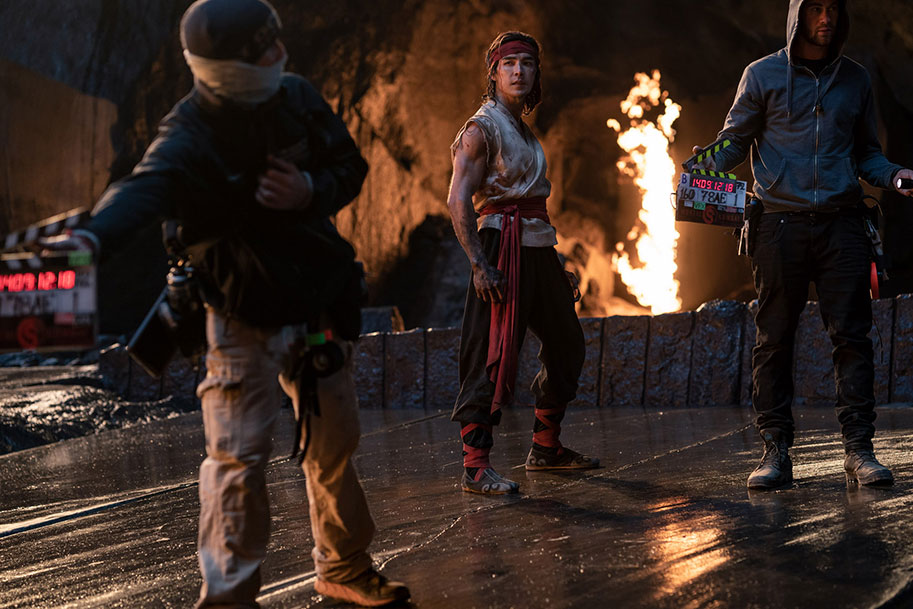
Cappi Ireland, Costume Designer:
Hanging around the exterior of a small tent were racks displaying the intensely-detailed costumes of Mortal Kombat. While giving us the grand tour, Ireland beamed with pride as she highlighted select pieces, such as cowls, grills, vambraces, and chest plates. She explained that there exist "hard" and "soft" versions of every piece of armor. Hard armor weighs roughly 20 kilos and is often referred to as a "beauty suit." Beauty suits are often used for close-up shots. Conversely, soft pieces are used when actors are meant to fight one another. This is to make sure that no one gets hurt while engaged in combat.
Special software is used to keep track of battle damage done to each piece of wardrobe throughout production. The documents contain extensive notes about the history of the item being cataloged and keeps track of necessary repairs. Speaking of which, there exists a sub-section of the wardrobe department whose job it is to make repairs to the costumes, which happens more often than you'd think.
During the pre-production process for Mortal Kombat, the costume department printed out photos of every version of every character in the franchise. They then studied the materials and chose the best looks for each character.
"We then tried to remain true to some elements while also making our own mark. For this film, we wanted to make it more realistic and not too shiny. Some of the designs are quite dated from the earlier games. Our motto was to keep it all very real. It was months and months of research and concept work. We also had access to many Mortal Kombat experts as well, which has been great."
Ireland on making the costumes look “worn” or having been in several battles before the events of the film:
"We have an art finishing department. There are all sorts of different tools: dye, aging tools, paint finishes. It depends on what it is. If it’s a fabric we use sanding paper and dremels. Simon wanted some of the costumes to look as if they’d been in battle for hundreds of years. There’s a whole department to do that sort of thing."
Naaman Marshall, Set Designer:
While making the Fight Pit, Marshall skipped the drawing process and went straight to building the model. After the model was built, a 3-D scan was made, then the set was built to scale.
The rocks that are featured as a part of The Bridge are made from a squeeze-mold after taking casts from a nearby quarry. Marshall essentially painted the walls of the quarry with silicon, then lifted the patterns directly off the stone walls. Those molds were then painted and applied to the set. Even the logs are from pine forests located in Adelaide, Australia. Once the logs were shaped, it took a total of seven weeks to build The Bridge.
Marshall was given no restrictions when building The Bridge, or any set for that matter. Only during the final stages of the set building process were alterations made, if any at all.
Lisa Brennan, Props:
Just like several of the costumes used in the making of Mortal Kombat, there are "hard" and "soft" versions made of every prop. The soft versions have a bit of carbon fiber going through them so they don’t appear floppy on camera. The soft weapons are also designed to be easily cut. In other words, if a character is stabbed, the soft weapon can be cut down to give the appearance of being inserted into a body.
Shao Khan’s war hammer is made from hard plastic and is modeled after a combination of a jeweler's hammer and sledgehammer. The barbed wire wrapped around the head is made of leather. There’s also another version of the hammer that’s made out of balsa wood so that it’s able to crack and show battle damage.
It takes about four weeks to build a weapon from start to finish. After concept art is approved, the sculpting process begins by creating a mold, then pouring materials into the cast to harden. The weapon is then polished, painted, and then coated with special materials to make it more durable. All of the weapons are either 3D printed or made from silicone molds.
During the concept stage of the weapon-making process, there were 40 different versions of Scorpion’s chain created before settling on the one seen in the film. Each design has an element of a scorpion in it.
Larry van Duynhoven, Makeup/FX:
Van Duynhoven explained to us that Mileena's razor-toothed maw will be mostly covered by her signature mask throughout the film. That said, the corners of her mouth will be visible thanks to prosthetics. By using the mask as a curtain for the character’s face, it cuts down on the amount of time the actor spends in the effects chair. At the end of the day, Mileena's mouth will be represented using both GCI and practical effects.
Van Duynhoven passed around several props meant to serve as a human heart. Each heart was outfitted with a series of pumps capable of storing blood. A heart would then be selected depending on the level of gore required for the scene in question.
An effects rig van Duynhoven built while working on 2018’s Upgrade was be repurposed for use on Mortal Kombat. The setup is primarily used to help make heads explode.
Van Duynhoven’s favorite effect in the film is a full-body prosthetic that’s used for a brutal fatality. I'm fairly certain that I spotted the effect that van Duynhoven is talking about while visiting the Fight Pit. While I don't want to give too much away, trust me when I tell you that at some point in the film, one of our main characters goes straight to pieces.
For more about the new Mortal Kombat, including interviews with the director, cast, and crew, be sure to check out our extensive coverage:
Mortal Kombat: 50 Things to Know About the Hardcore Reboot
Mortal Kombat Interviews: Director Simon McQuoid and producer E. Bennett Walsh






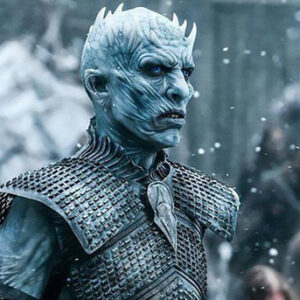
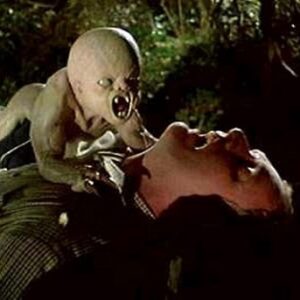


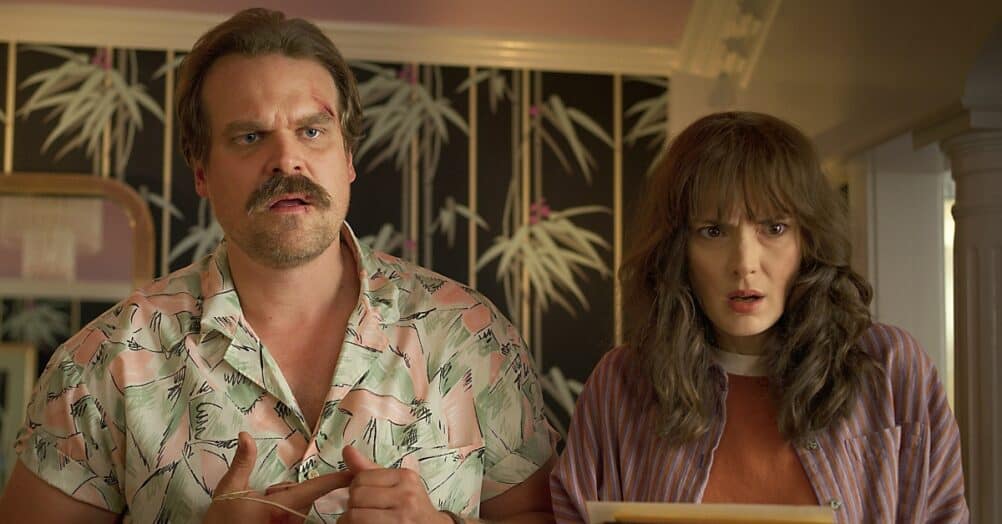


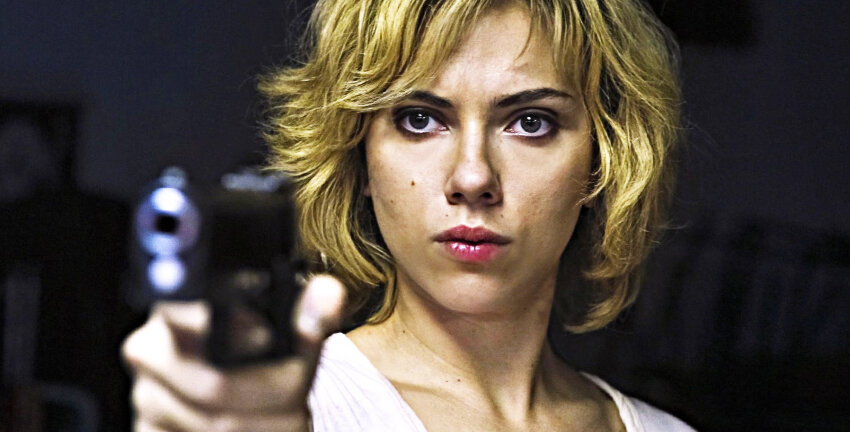
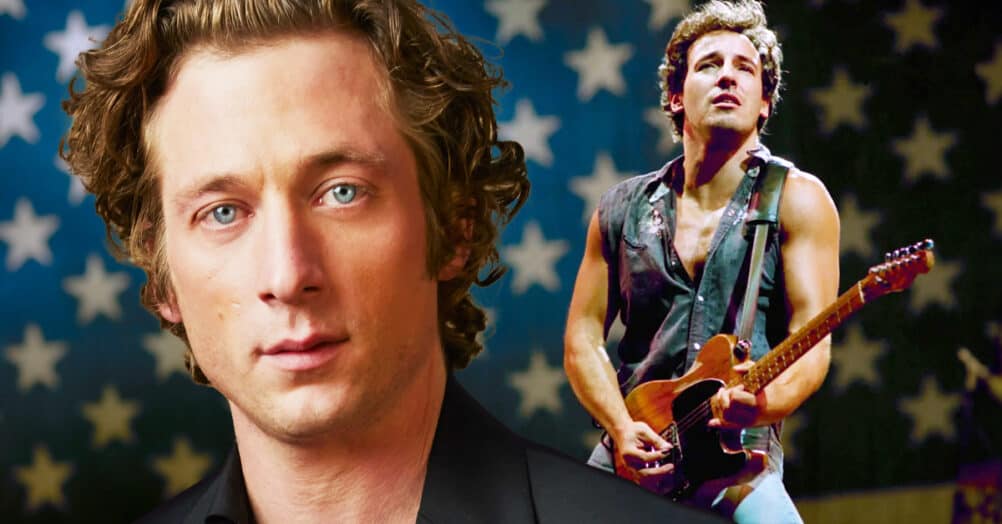




Follow the JOBLO MOVIE NETWORK
Follow us on YOUTUBE
Follow ARROW IN THE HEAD
Follow AITH on YOUTUBE